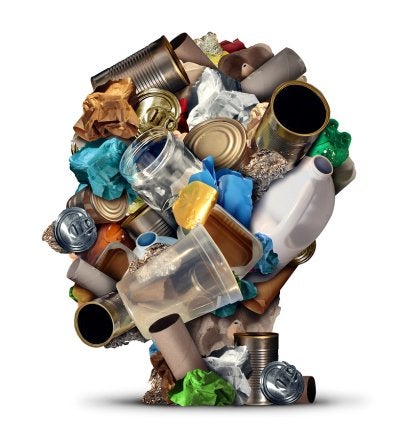People have a habit of throwing out reusable materials, and this contributes to the massive amount of trash that currently packs our landfills. Recycling serving Atlanta, on the other hand, aims to keep these reusable materials in circulation by repurposing or reforming used products. You may be familiar with the “reduce, reuse, recycle” mantra, but many people do not understand how the process actually works. Keep reading if you are interested in understanding the steps of recycling. 
Consumer Contribution
The recycling process starts when a consumer finishes a product and makes the conscious decision to have it recycled rather than throw it in the trash. Unfortunately many consumers skip this step, which is why landfills are currently filling to the brim. Other consumers, on the other hand, decide to do their part to help the environment by responsibly disposing of their used products. There are several ways you can ensure that your recyclables make it back to the shelves, and these options are the integral first steps in the recycling process. It helps to keep your regular garbage and your recycling in separate bins so that you can bring them each out to the curb on the appropriate days. You can also bring your bottles, cans, and other recyclable materials to bottle return centers or even to actual recycling centers. Once you have done this, you have taken the first step in recycling.
Sorting
When a recycling delivery arrives at the processing center, the first order of business is to sort extra materials out of the mixture. Workers will first remove non-recyclable materials that may have found their way into the mix. Then glass will be screened out , followed by metal. Metal is typically sorted out of the mixture using magnets and eddy fields.
Baling
Once each type of recyclable material has been sorted out and grouped together, these groups will be sent to the baler. The baler creates a bale of plastic, paper, metal, or other material so that the recycling plant is left with neatly organized bales of recyclables. Then they can be shipped to manufacturing plants to be repurposed.

